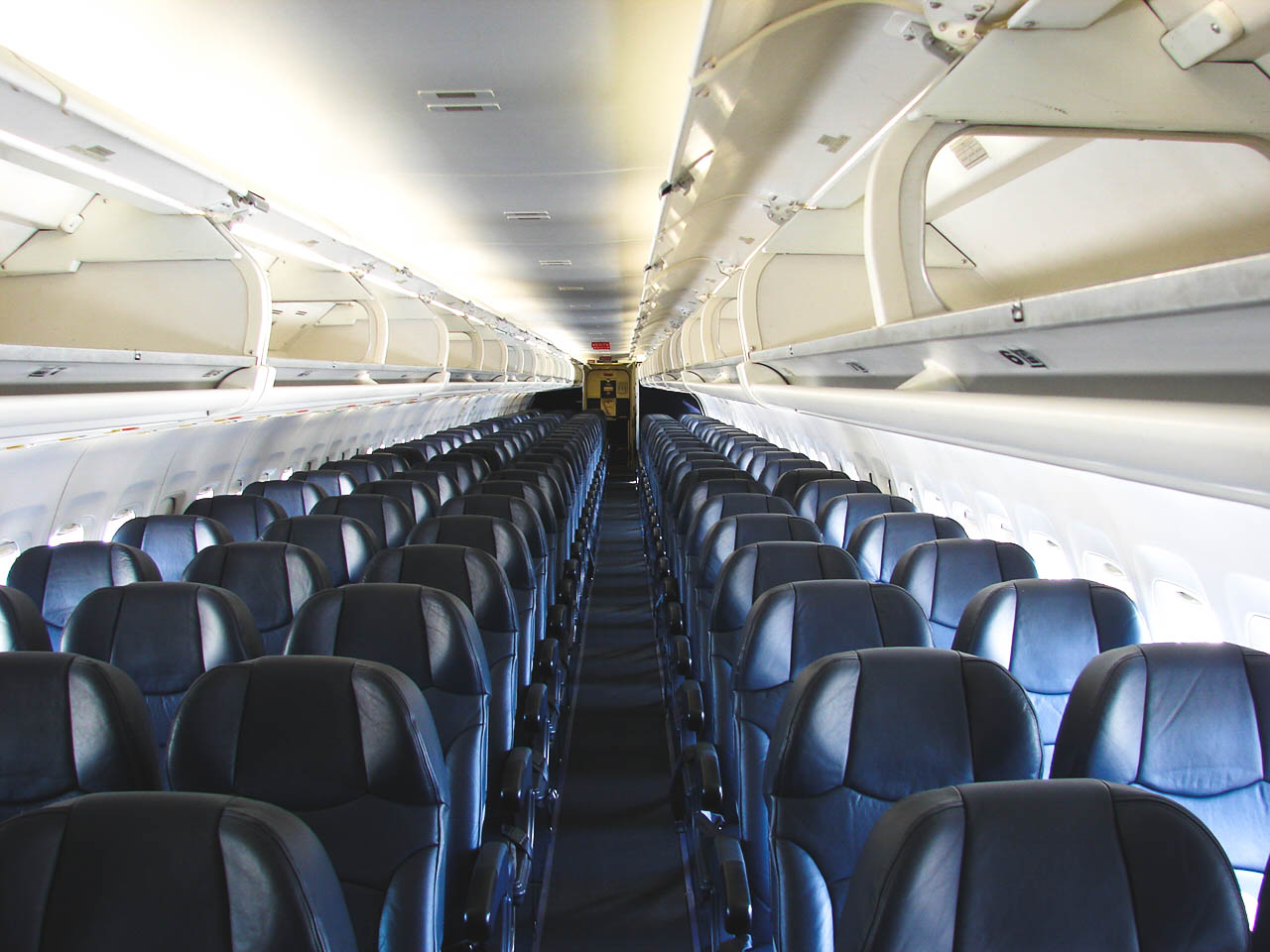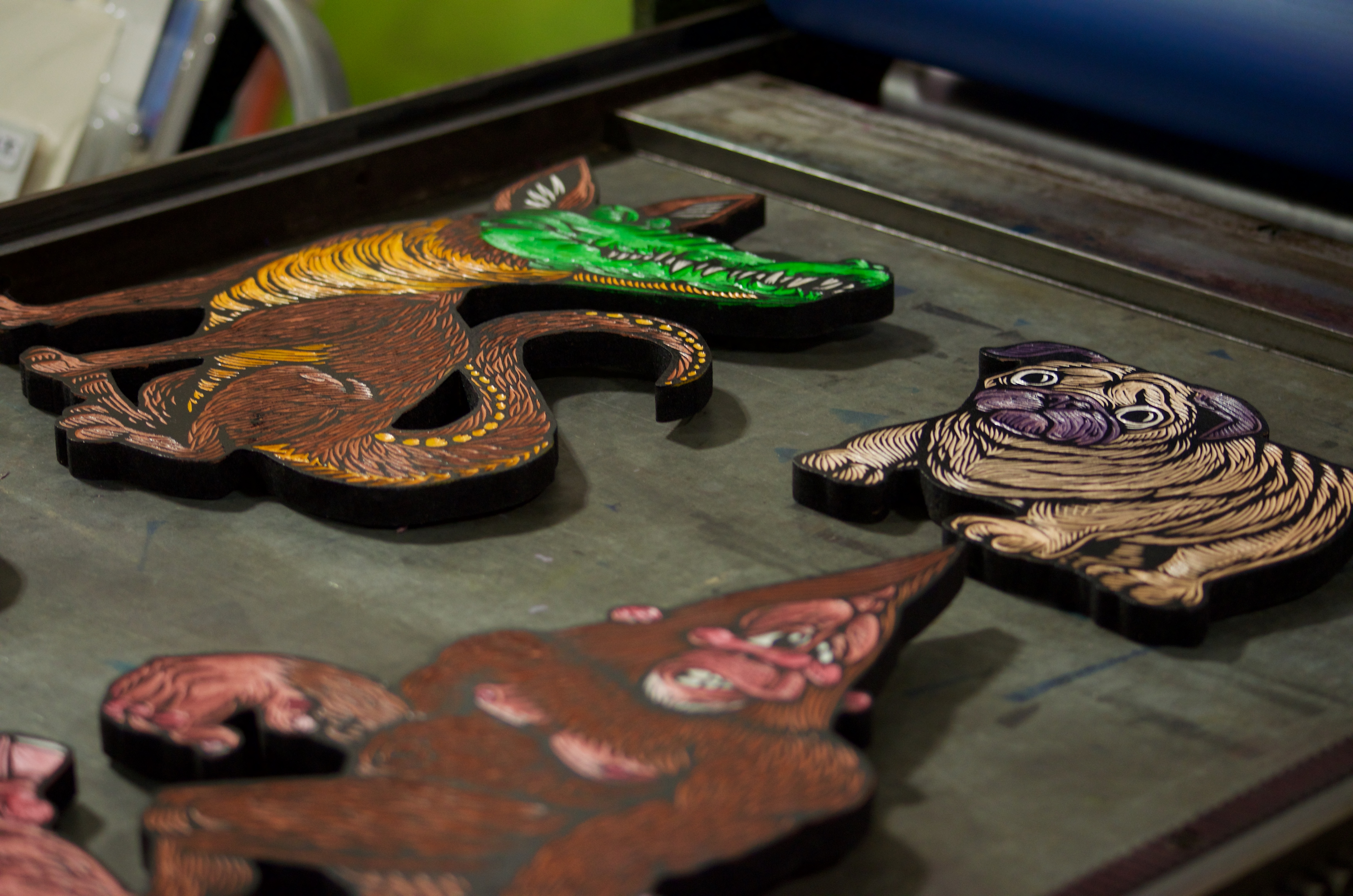Kennesaw State recently started working on a project that would reduce aircraft emissions after the Environmental Protection Agency awarded the university with a $69,183 grant in May.
Dr. Hoseon Lee, assistant professor of electrical engineering, is leading the project with a group of five undergraduate students. Their idea for the project is to determine a method to limit aircraft wiring, reducing emissions and fuel costs.
Lee said they are not looking to remove needed operational wires, but wires used for other areas such as entertainment and device charging. He said that, instead of using wires, they have created prototypes of lightweight boards that aircraft could wirelessly draw power from instead.
The grant Lee and his team of students received from the EPA came from their involvement in the People, Prosperity and the Planet grant competition. According to the EPA’s website, the two-phase grant competition is meant to “challenge students to research, develop, and design innovative projects addressing environmental and public health challenges.”
Lee said phase one of the competition started at the end of 2016, and this was when he and his team first presented their idea and proof-of-concept for the project. During the first phase, teams involved in the competition are awarded a $15,000 grant to develop and present their ideas at the EPA’s National Sustainable Design Expo in the spring.
After the expo, KSU was awarded the $69,183 grant as part of the second phase of the competition. During this phase, teams were able to earn up to $75,000 in grant funds to go toward implementing their ideas and designs.
Lee said their main goal of the second phase is to optimize their prototypes and test them through a mock set-up to see if they can derive a similar amount of power from their lightweight boards compared to the heavy wires used in airplanes currently.
Lee said he was excited to hear his team earned the grant because the competition for phase two of the grant is “steep.” He said there was a limited amount of funding, and he was honored to receive the money to start implementation of the group’s concept.
“A lot of [research] doesn’t actually get translated to the business, to actual people or consumers,” Lee said. “If you were to write a paper and just publish it, it didn’t go anywhere, so the point of this is to make the connection between the studies and then be able to actually implement it and put it into practice.”
Lee said the undergraduate students working on the project will have more experience going into their field because they are able to have this hands-on experience that “actually produces results and is checked by professionals in the field.”
Lee also said it provides an opportunity to “see the bigger picture” and be able to apply what they learn in class to real-life projects and businesses.
The project and competition are scheduled to be completed by between February and March 2020.


